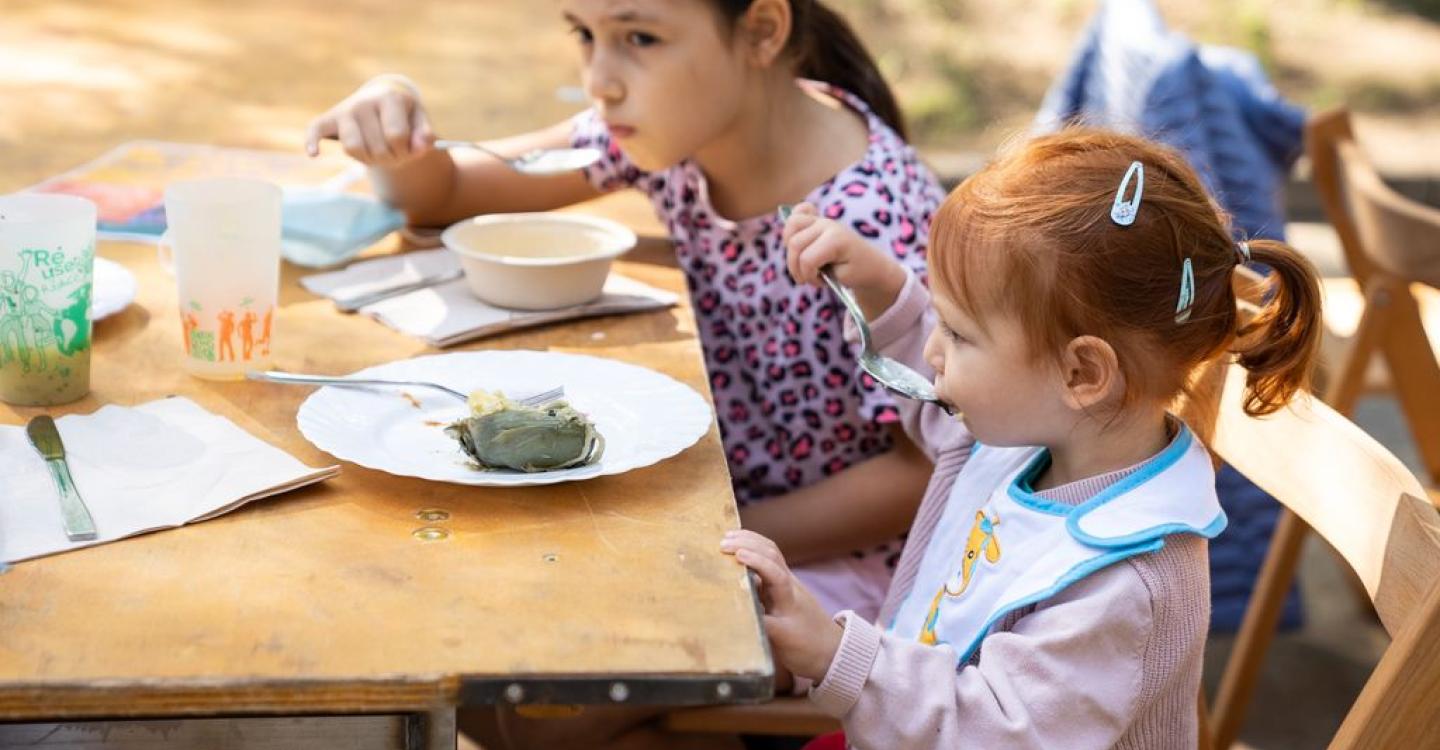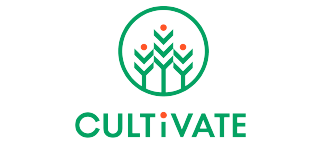CULTIVATE

In a context of constant and unexpected change, urban and peri-urban (UPU) food systems are affected by deep inequalities that make them vulnerable and fragile to crises. The CULTIVATE project aims to help cities build more resilient and sustainable food sharing models. The project does so by identifying key factors that can act as drivers of change or barriers, and by challenging current theories and practices that hinder a fairer, more efficient exchange of food.
Objectives
- To increase awareness and knowledge of the environmental, social and economic impact of food sharing in our cities.
- To develop and strengthen the economic sustainability of selected urban and peri-urban food-sharing initiatives (FSIs) with the aim of creating more sustainable, resilient, innovative and inclusive local food systems and value chains.
- To prevent and reduce waste.
Urban and peri-urban food systems are not only unsustainable, but also suffer from severe inequalities that make them fragile and vulnerable to crises. These issues have long been a focus of food sharing initiatives (FSIs), which include collective food activities across the food system, such as seed exchanges, surplus redistribution and community composting. The COVID-19 pandemic has further highlighted these problems, and underlined the urgent need to act on the food priorities set out in the European Green Pact Food 2030 Action Plan and the EU Farm to Fork Strategy.
The CULTIVATE is an EU-funded research programme that aims to increase general public awareness and knowledge about food sharing initiatives. This programme seeks to understand what facilitates or hinders its practice, while promoting sustainability, inclusion and resilience in urban and peri-urban food systems, through food sharing. The main objective is to transform accumulated knowledge into digital tools that help actors in the food chain, public administration and citizens to better understand food sharing. In addition, the project aims to have a major influence and to promote initiatives of this type, in order to generate favourable legislative frameworks and co-produce knowledge to transform current governance dynamics. This will foster a more sustainable food sharing.
Within the framework of this project, the PEMB, as a representative of Barcelona City Council, is collaborating with various academic institutions, city councils and Catalan and European initiatives in order to design this new digital tool. The aim is to identify which initiatives would form part of what we call “food sharing”, but also, on the one hand, to help municipalities in the governance of meeting points, such as local food councils, and, on the other hand, to support them in identifying legislative needs. The future tool will have a database of more than 200 cities and will be expanded further in the future.
Food Sharing Compass: a tool to boost sustainable food sharing
The CULTIVATE project, with the collaboration of the PEMB, aims to promote food sustainability through social innovation and digital tools. Inspired by the previous work of the SHARECITY project, also led by Trinity College Dublin, CULTIVATE uses a multi-stakeholder approach to develop an innovative online platform: Food Sharing Compass.
This platform is designed to support five key groups:
- Food Sharing Initiatives (FSI)
- Policy makers
- Value chain stakeholders
- Researchers
- Citizens
With the Food Sharing Compass, these groups will be able to explore and understand food sharing models in the EU, replicate best practices and contribute to more sustainable, resilient and healthy food systems. The ultimate goal is to support the EU’s inclusive climate ambitions through climate change mitigation and adaptation.
Five key tools
CULTIVATE will offer five accessible and flexible tools to strengthen sustainable food sharing:
- The SHARECITY200 database
This database is an extension of the existing SHARECITY100 catalogue, offering enhanced capabilities for mapping, monitoring and overseeing food sharing initiatives. - The food sharing calculator
This tool includes a Sustainability Impact Assessment (SIA) to measure the benefits generated by food sharing initiatives, as well as functionality to identify the investments needed to sustain them. - The good governance menu
A support tool to help policy makers design and implement effective policies, and to guide food sharing initiatives in complex legislative environments. - The citizen participation library
An open access collection with citizen participation mechanisms adapted to food sharing in the EU. - The amplification programme
A framework for sharing knowledge and replicating best practices from food sharing initiatives in the EU, both during and after the project.
Expected impacts of the CULTIVATE project
The CULTIVATE project will generate significant impacts in a number of areas to drive sustainability and innovation in EU food systems:
Social impact: The expansion of food sharing practices between EU countries will ensure that more citizens have access to healthy, nutritious and environmentally friendly diets. In addition, these practices will increase the resilience to potential disruptions in the food supply chain and encourage the inclusion of vulnerable groups.
Economic and technological impact: Reducing barriers and increasing the use of food sharing will foster the creation of more innovative, inclusive and sustainable local food systems and supply chains. They will also contribute to improving food security and economic resilience at the local and European level.
Environmental impact: The widespread adoption of food sharing practices will help to promote sustainable consumption and production, thereby preventing and reducing food waste. This will be key to achieving the EU's climate change and sustainability objectives.
Scientific impact: CULTIVATE will establish a uniform concept on food sharing across the EU and provide practical tools and a base of solid evidence on the benefits of the sharing economy in the food sector.
Contribution to the Sustainable Development Goals (SDG)
The impacts of CULTIVATE will help to achieve the following SDGs of the United Nations’ 2030 Agenda:
SDG 2: Zero hunger.
SDG 3: Good health and well-being for all.
SDG 11: Inclusive, safe, resilient and sustainable cities and communities.
SDG 12: Ensure responsible consumption and production patterns.

Boosting
Partners
Contact
Giulio Cappadona
Reference person for the European project CULTIVATE at PEMB
gcappadona@pemb.cat






